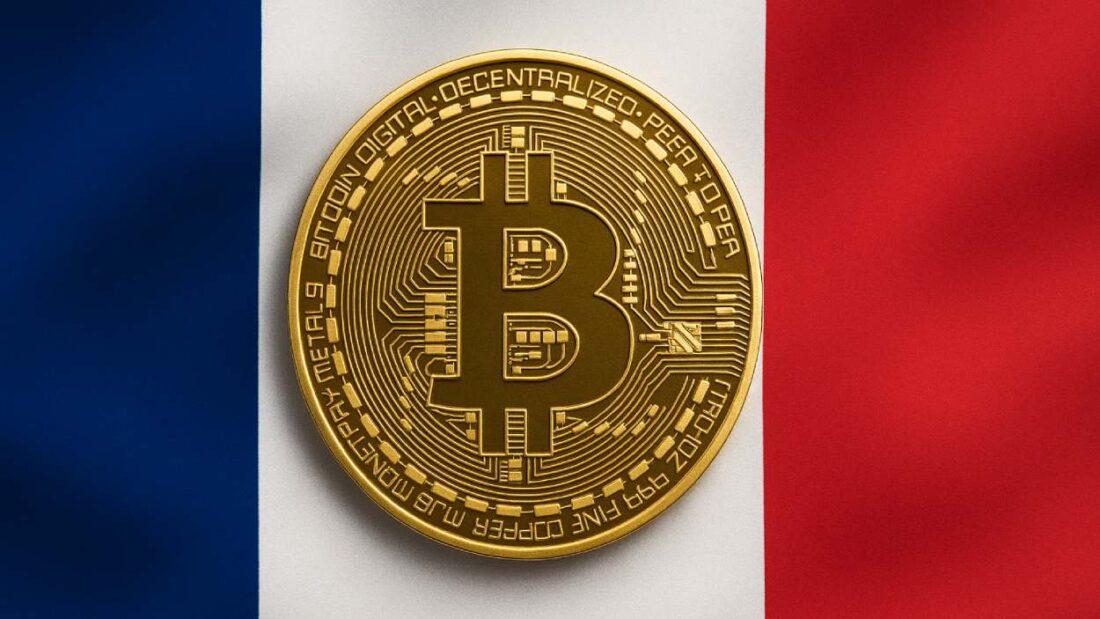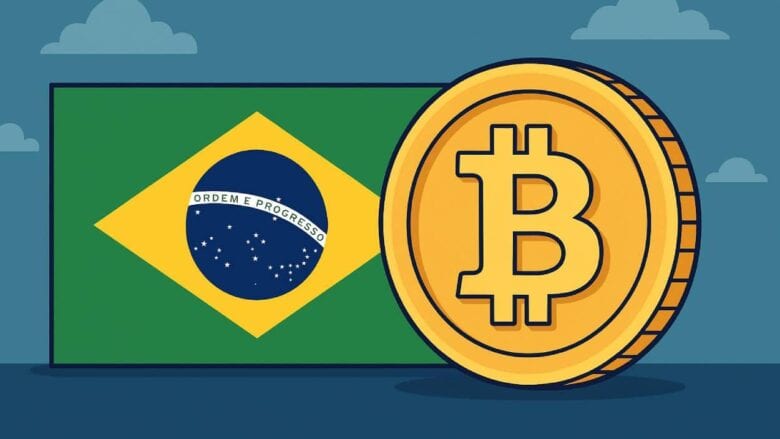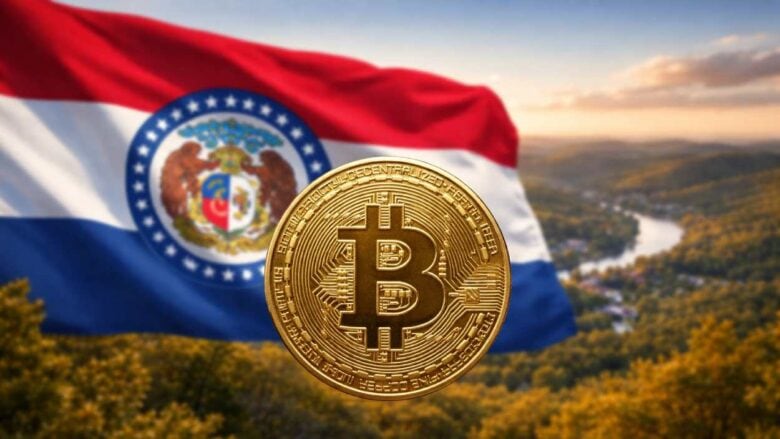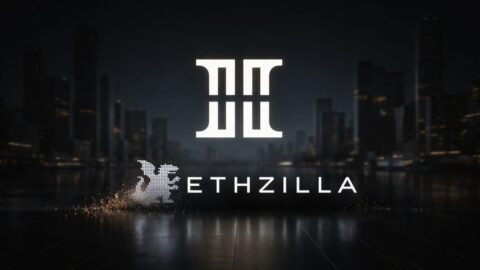France is positioning itself as a pioneer in digital finance with a new proposal to build a national Bitcoin reserve totaling 420,000 BTC.
Key Takeaways
- France aims to accumulate 2% of all Bitcoin over 7 to 8 years, creating a national strategic reserve.
- The reserve would be funded by public mining, savings programs, seized BTC, and possibly tax payments in Bitcoin.
- The plan also includes pro-crypto reforms, such as legalizing euro stablecoins and rejecting a digital euro.
- Despite limited political backing, the bill has sparked major conversation about national Bitcoin strategies in Europe.
What Happened?
French lawmaker Éric Ciotti and the Union of the Right and Center Party (UDR) introduced a bold bill in the National Assembly proposing a Bitcoin Strategic Reserve. The plan seeks to gradually purchase and mine 420,000 BTC, approximately 2% of the total supply, over the next seven to eight years. If approved, France would become the first European country to hold Bitcoin as part of its national financial reserves, officially treating it as “digital gold.”
BREAKING: 🇫🇷 France considers bill to accumulate 2% of Bitcoin’s total supply and establish a Bitcoin Strategic Reserve
— Bitcoin Archive (@BTC_Archive) October 28, 2025
⚡️ The bill from @partiudr @eciotti proposes the acquisition of 420,000 BTC over 7-8 years, as well as using nuclear and hydro power to mine Bitcoin. pic.twitter.com/IEcFbyhuUW
France’s Ambitious Bitcoin Strategy
The bill outlines a structured plan to make Bitcoin part of the nation’s long-term economic framework. The BTC reserve would be managed by a dedicated public administrative body tasked with securing and overseeing the assets.
How France Plans to Fund It:
- Public Bitcoin Mining: France would use its surplus nuclear and hydroelectric energy to mine Bitcoin domestically. This supports both sustainable energy and financial independence.
- Seized Bitcoin Retention: Instead of auctioning Bitcoin seized during legal proceedings, the state would add it to the reserve.
- Daily Bitcoin Purchases: A portion of public savings accounts like Livret A and LDDS would be allocated to purchase BTC on the open market, targeting about €15 million daily or roughly 55,000 BTC per year.
- Tax Payments in Bitcoin: There is also a proposal to accept certain tax payments in Bitcoin, though this would require constitutional changes.
According to Alexandre Laizet, Director of Bitcoin Strategy at Capital B, this is about more than speculation. He explained:
Pushing Back Against the Digital Euro
The bill takes a strong stance against centralized digital currency efforts, specifically rejecting the EU’s proposed digital euro. Ciotti and his supporters argue that such a central bank digital currency could compromise privacy and financial freedom.
Instead, the bill supports euro-backed stablecoins as a legal means of payment for small daily transactions up to €200, exempt from taxes and social contributions.
Other industry-supportive measures include:
- Lower electricity taxes for miners
- Simplified access for institutional investors
- Public mining to monetize excess energy and stabilize the grid
Political Hurdles Ahead
Despite its ambitious goals, the bill faces steep political odds. Ciotti’s UDR party holds only 16 out of 577 seats in Parliament, making it unlikely the legislation will pass in its current form. However, its mere introduction signals a growing interest in Bitcoin at the national policy level.
Even if the bill stalls, it has already placed Bitcoin at the center of geopolitical finance discussions. Some observers compare this move to earlier efforts by companies like MicroStrategy or nations like El Salvador, but on a European scale.
CoinLaw’s Takeaway
In my experience watching crypto policy evolve, this proposal is a watershed moment. It’s rare to see a major European country publicly recognize Bitcoin as a strategic asset. Even though the bill might not pass now, it starts a vital conversation. I found the energy-backed mining plan particularly smart. It blends France’s strengths in nuclear energy with the future of finance. Whether France becomes the first Bitcoin-holding nation or not, one thing is clear: this is no longer a fringe idea. France just pushed Bitcoin into the heart of Europe’s economic debate.


































































